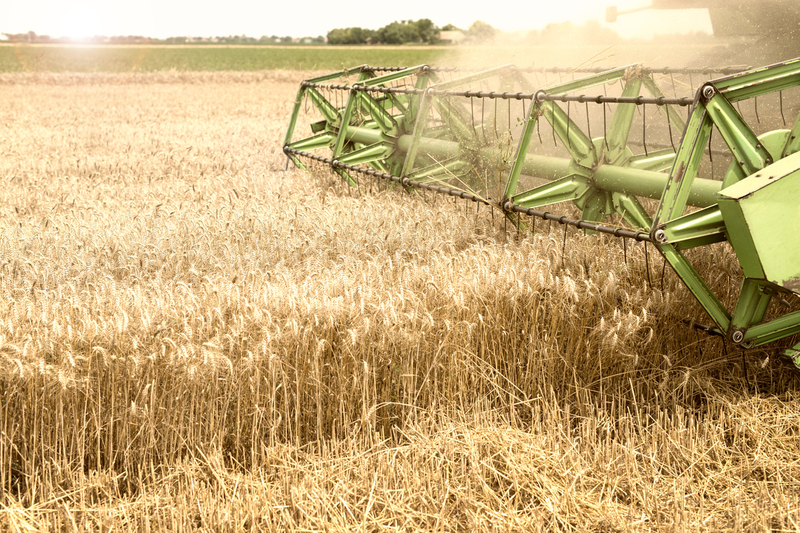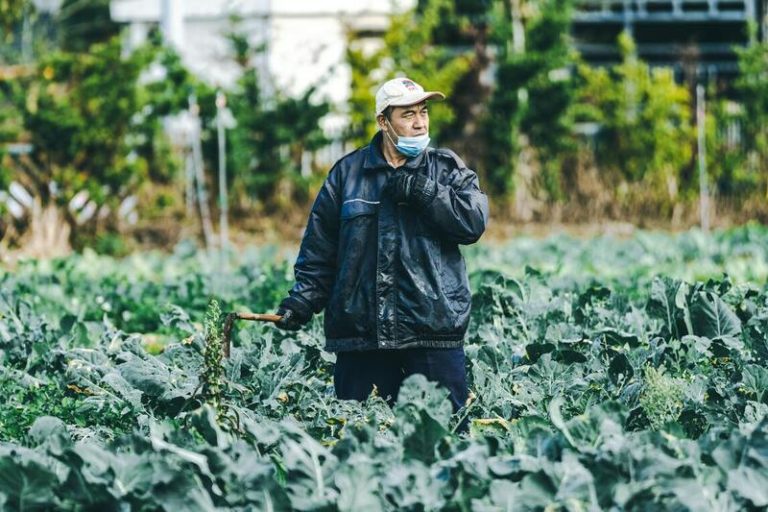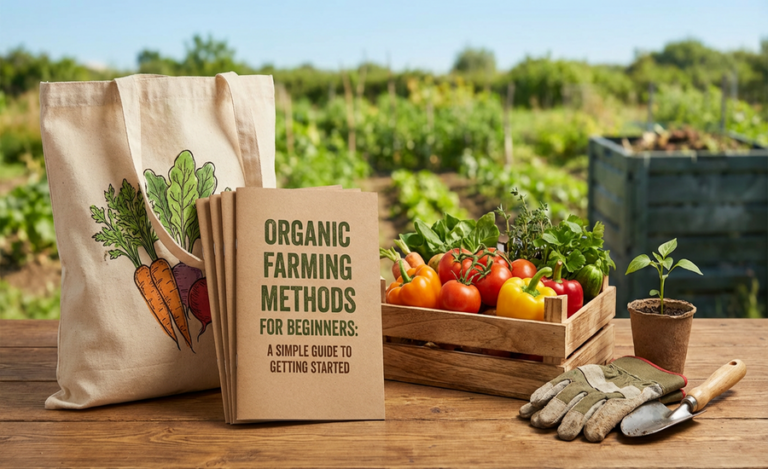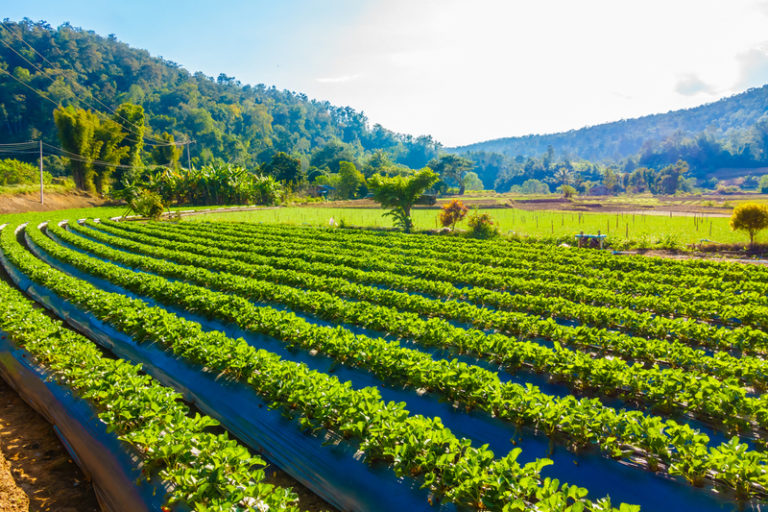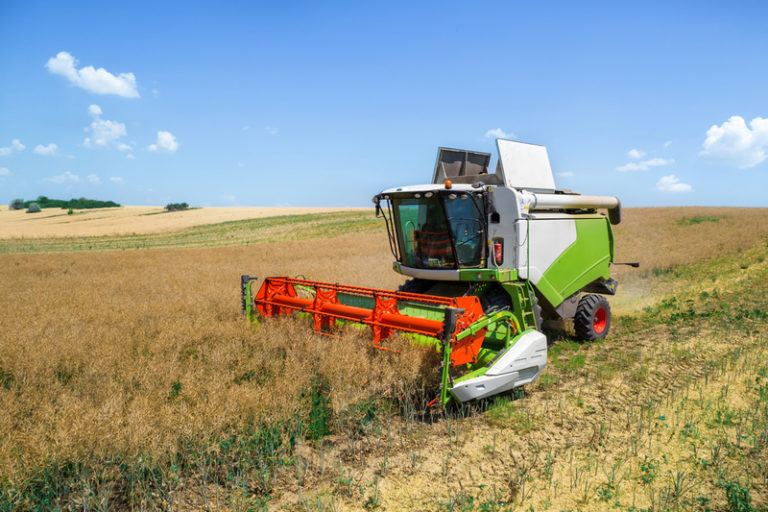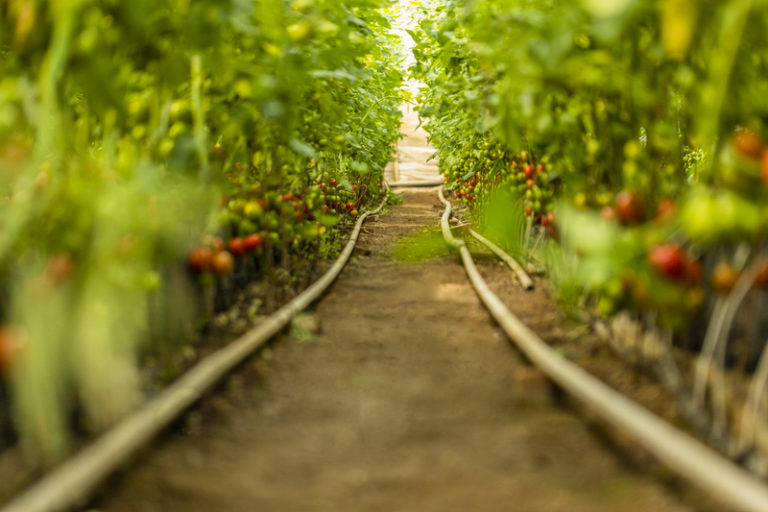Agronomy: The Science of Sustainable Crop Production
Agronomy is a branch of agricultural science that focuses on the study of crops and the soils they grow in. The goal of agronomy is to get the most crops and the best crops while hurting the environment as little as possible.
This science uses parts of biology, chemistry, and ecology to come up with ways to farm that are sustainable and can help feed the world’s growing population.
Benefits of Agronomy
Agronomy offers numerous benefits that help improve crop production and sustainability. Some of the key benefits of agronomy include:
Increased Crop Yield and Quality
Agronomy helps farmers develop methods to improve the yield and quality of crops by analyzing the soil, climate, and water availability. This results in better plant nutrition, pest control, and irrigation management, leading to more robust and productive crops.
Improved Soil Health and Fertility
Agronomy emphasizes soil health and fertility, which are crucial for sustainable agriculture. By understanding the physical and chemical properties of the soil, farmers can develop appropriate soil management practices, such as crop rotation, intercropping, and cover crops, that improve soil structure and nutrient availability.
Enhanced Resistance to Pests and Diseases
Agronomy helps farmers prevent and manage pest and disease problems by developing integrated pest management strategies that include a combination of physical, biological, and chemical control methods. This helps reduce the use of harmful pesticides and improves the overall health of the crops.
Sustainable Agriculture Practices
Agronomy promotes sustainable agricultural practices that are environmentally friendly, economically viable, and socially responsible. This includes reducing the use of synthetic fertilizers, promoting conservation tillage, and improving water management.
Applications of Agronomy
Agronomy has a wide range of applications that can help farmers improve crop production and sustainability. Some of the key applications of agronomy include:
Crop Management
Agronomy helps farmers select the best crop varieties, planting dates, and nutrient management practices to maximize crop yield and quality. This involves analyzing the soil fertility, climate, and water availability to develop optimal crop management strategies.
Soil Management
Agronomy focuses on improving soil health and fertility through practices such as crop rotation, cover crops, and conservation tillage. These practices help to reduce soil erosion, improve water infiltration, and increase nutrient availability.
Water Management
Agronomy helps farmers optimize irrigation management, which is critical for crop growth and development. This involves developing methods to conserve water, such as drip irrigation and rainwater harvesting.
Pest and Disease Management
Agronomy helps farmers manage pests and diseases using a combination of biological, chemical, and physical control methods. This helps to reduce the use of harmful pesticides and improve the overall health of the crops.
Precision Agriculture
Agronomy integrates data analytics and technology to improve crop management and sustainability. Precision agriculture involves using remote sensing, GPS, and other technologies to analyze crop performance and develop optimal management strategies.
Future of Agronomy
The future of agronomy looks bright, thanks to improvements in technology and precision farming. The combination of data analytics and machine learning is expected to change how farmers take care of their crops, making farming more efficient and better for the environment.
Also, agronomy is putting more of an emphasis on sustainable farming methods, such as lowering the carbon footprint, preventing soil erosion, preserving natural resources, and helping to protect biodiversity.
Conclusion
Agronomy is a critical science in modern agriculture, helping farmers develop sustainable practices that maximize crop yield and quality while minimizing the negative impact on the environment.
By promoting soil health and fertility, reducing the use of harmful pesticides, and developing sustainable agriculture practices, agronomy is helping to address global food security and environmental sustainability issues.
FAQ:
Q. What is agronomy?
Ans. Agronomy is a branch of agricultural science that focuses on studying crops and soils to develop sustainable agricultural practices that can maximize crop yield and quality while minimizing the negative impact on the environment.
Q. What are the benefits of agronomy?
Ans. Agronomy offers numerous benefits, such as increased crop yield and quality, improved soil health and fertility, enhanced resistance to pests and diseases, and the promotion of sustainable agriculture practices.
Q. What are the applications of agronomy?
Ans. Agronomy has a wide range of applications, such as crop management, soil management, water management, pest and disease management, and precision agriculture.
Q. How can agronomy help farmers?
Ans. Agronomy can help farmers by looking at the soil’s fertility, the weather, and the amount of water available to come up with the best ways to manage crops to get the most and the best crops. It can also help farmers manage pests and diseases using a combination of biological, chemical, and physical control methods.
Q. What is the future of agronomy?
Ans. The future of agronomy looks bright, thanks to improvements in technology and precision farming. The combination of data analytics and machine learning is expected to change how farmers take care of their crops, making farming more efficient and better for the environment.
Q. Why is agronomy important?
Ans. Agronomy is important because it helps people figure out how to farm in a way that is good for the environment and can help feed the world’s growing population. It also helps address global food security and environmental sustainability issues.
Also Read:
Agriculture Hats: The Essential Farming Gear for Protection and Comfort

